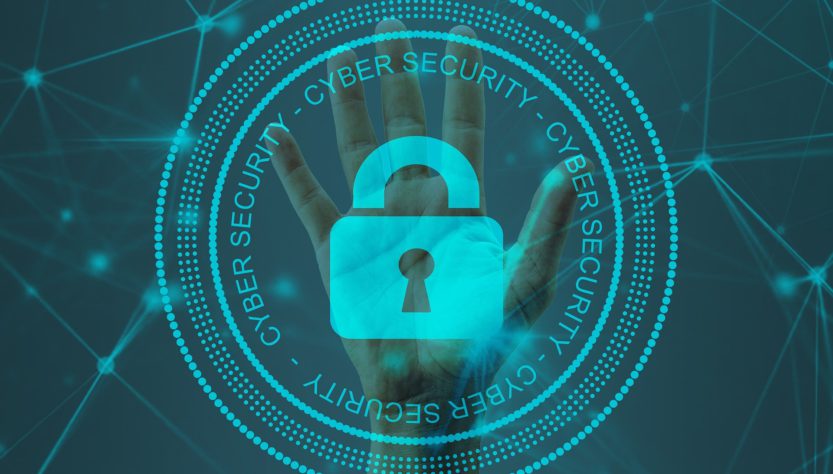Cybersecurity has become an increasingly critical concern in today’s digital age. With the constant evolution of technology, there are more opportunities for cyber threats to infiltrate our systems and compromise sensitive data. As a result, governments worldwide have recognized the need to enact cybersecurity laws to protect individuals and organizations from these ever-growing dangers. Data protection in cyberspace, especially in transcription, is essential to ensure client confidentiality. In this blog post, we will explore how legislation is catching up with the rapidly evolving threat landscape. We’ll delve into key areas such as data protection and privacy, security standards and best practices, incident reporting and response, compliance, and audits.

Data Protection and Privacy
Data protection and privacy are at the forefront of cybersecurity legislation. As technology advances, our personal information becomes increasingly vulnerable to breaches and unauthorized access. Governments worldwide recognize the need for robust regulations to safeguard sensitive data. These laws aim to establish guidelines for organizations on how they collect, store, and handle personal data. They emphasize the importance of obtaining informed consent from individuals before collecting their information and ensuring its secure storage. Additionally, these laws often require organizations to disclose how they use collected data and give individuals control over their information.
Security Standards and Best Practices
One of the key aspects of security standards is ensuring that all systems are regularly updated with the latest patches and security updates. This helps in addressing any vulnerabilities or weaknesses that hackers might exploit. Strong passwords, multi-factor authentication, and encryption techniques should also be adopted to enhance data protection. Another important aspect is employee training. Cybersecurity threats often arise due to human error or ignorance. By providing comprehensive training programs on cybersecurity awareness, organizations can empower their employees to identify potential risks and adopt safe online practices. Furthermore, regular monitoring and auditing are vital in maintaining effective security measures.

Incident Reporting and Response
Incident Reporting and Response are crucial cybersecurity laws addressing the growing threat landscape. In today’s digital age, where cyberattacks have become more sophisticated and frequent, organizations need to be prepared to report any incidents promptly and respond effectively. When an incident occurs, time is of the essence. Organizations must have clear protocols to ensure that all relevant parties are notified immediately. Incident reports should include detailed information about the nature of the incident, its impact, and any mitigation steps taken or planned. Moreover, organizations need a well-defined response plan outlining how to contain and remediate the incident. This plan should involve cross-functional teams working together to identify root causes, restore systems or data if necessary, implement security measures to prevent future incidents and communicate with stakeholders throughout the process.
Compliance and Audits
Compliance and Audits play a crucial role in ensuring that organizations take the necessary steps to protect their data and systems from cyber threats. With the increasing number of data breaches and cyber attacks, it has become imperative for businesses to adhere to cybersecurity regulations and undergo regular audits to assess their security …

